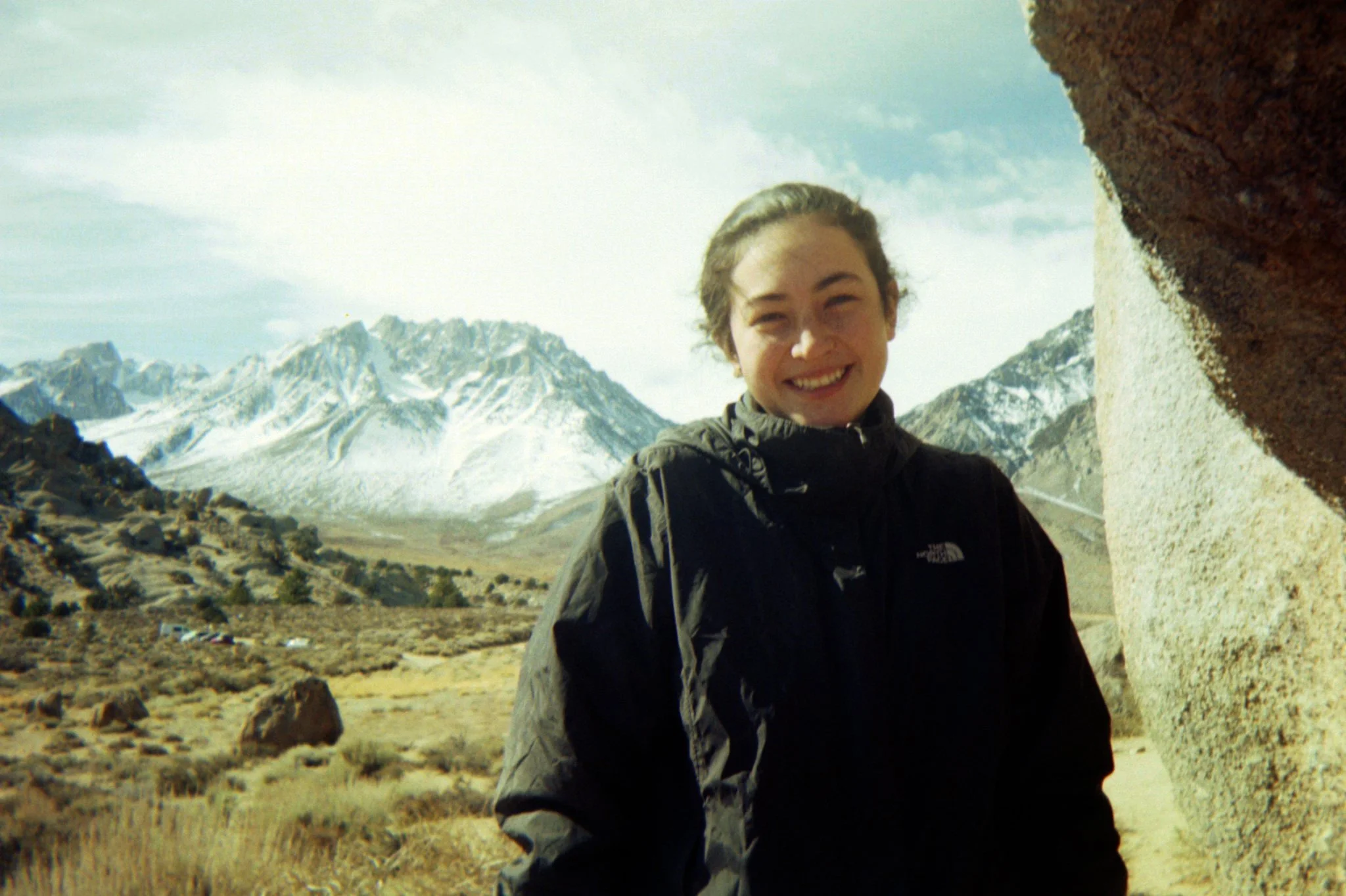Washington D.C. -- President Biden has signed the Infrastructure Investment and Jobs Act into law, the largest federal investment focusing on tackling the climate crisis, setting a precedent for the protection of our communities, health, and landscapes.
Addressing the climate crisis by creating jobs, advancing environmental justice, and highlighting outdoor economies, it will enhance our existing infrastructure making it resilient against the impacts of climate change and extreme weather events with key investments to protect against droughts, heat, floods, and wildfires. Water systems, roads, bridges, power infrastructure, public transit, and railway systems will receive much-needed updates to create safe, efficient, and climate-friendly solutions. It’ll tackle legacy pollution, build a national network of electric vehicle chargers, and deploy cutting-edge energy technology to achieve a zero-emissions future.
Read More


















